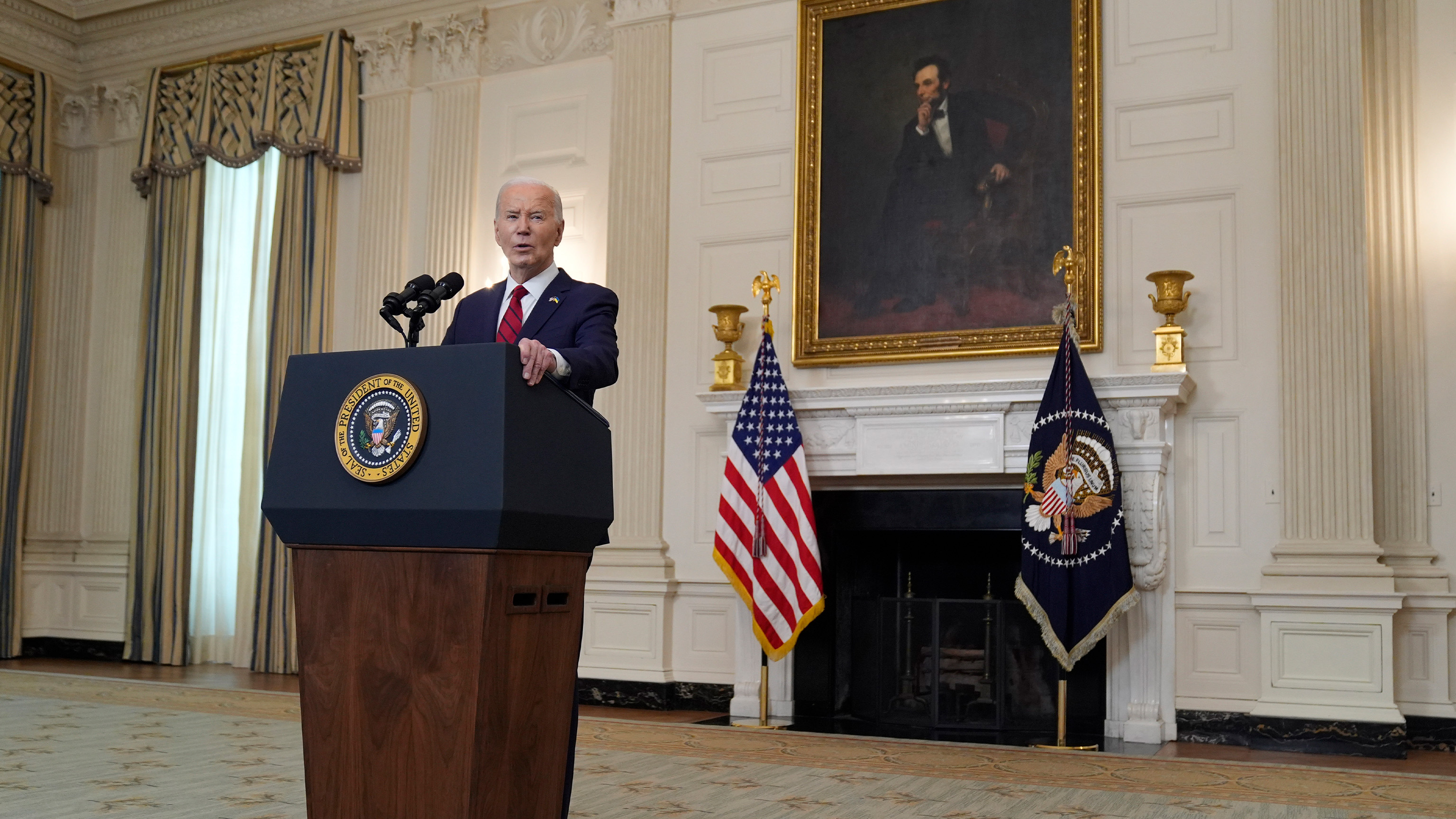Fresno mayor delivers state of the city speech
FRESNO, Calif. (KFSN) -- Fresno's Mayor started the State of the City address by dealing with one of the city's recent tragedies. She acknowledged the gang shooting death of 9-year-old Janessa Ramirez by giving her mother, Stacey, a key to the city and announcing a scholarship in Janessa's name.
Mayor Ashley Swearengin said, "I am proud to announce the creation of the Janessa Ramirez student scholarship fund."
Swearengin then went on to list the city's achievements over the past year, namely the return of financial health to the city budget.
"We have a structurally balanced budget for two years in a row. We have paid off negative fund balances and re-established our reserve fund," explained Swearengin.
In boasting about the city's achievements, like improved growth, a decline in the number of homeless, and reduced unemployment she noted the city's continuing problems. Namely, the line of urban blight which she says is overwhelming most of the city.
Swearengin said, "Today that line has moved all the way up to Herndon Avenue census data tells us 2/3rds of those living south of Herndon live in poverty or in extreme poverty neighborhoods. Addressing those conditions is the motivator behind our new general plan."
But that claim is being challenged by the group called "Building Healthy Communities." Group spokesperson Sandra Celedon believes the Mayor is trying to dilute the definition of blight to avoid dealing with the truly blighted areas.
Celedon added, "I challenge anyone to drive down Herndon and see the same type of blight, so the state of the city is not the truth."
On another topic the Mayor said the city was on track to meet state mandated drought restrictions, noting consumption was down 18 percent, and would drop another ten percent if a small number of people would follow the rules.
Swearengin explained, "We can easily get the remaining ten percent if the 2,000 people who still water every day would change their habits and switch to the two day a week pattern we have established."








